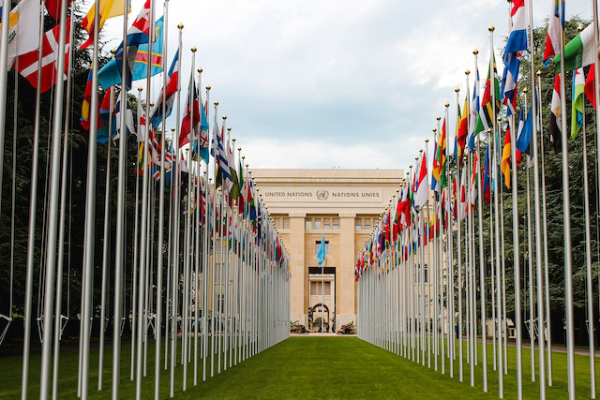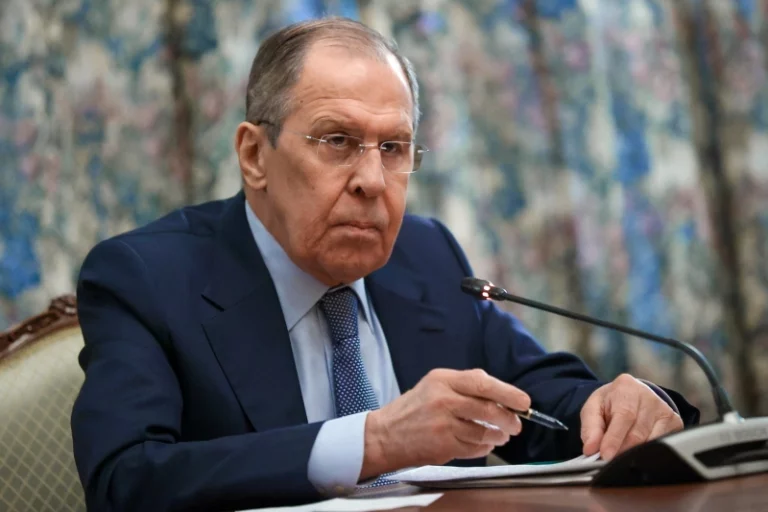On March 29, 2023, the Swiss Federal Council announced that it would be implementing further sanctions against Russia in response to ongoing military aggression against Ukraine and destabilizing actions that threaten Ukraine‘s territorial integrity, sovereignty, and security.
Switzerland will be joining the European Union (EU) in implementing the latest measures under the 10th round of sanctions, which include humanitarian exemptions and a new provision to protect Swiss economic interests. These new measures will take effect on March 29, 2023, at 8:00 pm.
Joining EU on sanctions to Russia
The EU had already introduced new measures against Russia on February 25, 2023, as part of the 10th round of sanctions. Switzerland’s Department of Economic Affairs, Education and Research (DEER) had approved the sanctioning of approximately 120 additional individuals and organizations on March 1, 2023.
The remaining measures under the 10th round of sanctions will be adopted by the Swiss Federal Council as of March 29, 2023.
These measures include adjustments to reporting requirements in the financial sector, a ban on Russian nationals holding positions in the governing bodies of owners or operators of critical infrastructure, and stricter controls and restrictions on exports of various goods, including dual-use goods, goods for military and technological strengthening or for the development of the defense and security sector, goods that contribute to strengthening the Russian industry, and goods for aerospace. The import of goods that are economically significant for Russia will also be further restricted.
Adjustments on humanitarian exemptions
The Swiss Federal Council has also decided to make adjustments to humanitarian exemptions. Following the decision on March 3, 2023, to facilitate humanitarian activities in Syria, the Council has now decided to introduce a humanitarian exemption in connection with the provision of certain services to Russian organizations. The exemption applies to activities by public authorities in Switzerland or organizations that receive federal contributions for the implementation of their humanitarian activities.
Finally, the Swiss Federal Council has created the possibility of approving the provision of funds or economic resources to sanctioned natural persons, companies, or organizations on a case-by-case basis if the protection of Swiss interests requires it. This was necessary in order to prevent two sanctioned Russian banks from gaining shares in two Swiss companies, Sulzer and medmix AG.
Due to sanctions imposed by the US against Viktor Vekselberg in 2018 and the sanctioning of the two Russian banks by Switzerland, Tiwel Holding AG (a major shareholder in Sulzer and medmix AG) was no longer able to service its loan with the Russian banks. The shares of Tiwel Holding AG in the two companies are pledged as security for the loan with the Russian banks.
The Swiss Federal Council has previously emphasized its willingness to minimize unintended economic consequences of sanctions on Swiss companies within the framework of the applicable legal framework. With today’s decision, the Federal Council prevents sanctioned Russian banks from indirectly benefiting from sanctions and acquiring large stakes in two Swiss high-tech companies.


















